If you are interested in cooperation, please contact us immediately, we will give you feedback as soon as possible!
![]() Whatsapp : +8613963585512
Whatsapp : +8613963585512
![]() Email : [email protected]
Email : [email protected]
| Item | Details |
|---|---|
| Model NO. | ASTM A106 Gr. B Seamless Carbon Steel Pipe |
| Pipe Length | 1-12m or as Required |
| Surface Finish | Black or Painted |
| Product Name | Seamless Carbon Steel Pipe |
| Material Grade | ASTM A106 Grb |
| Type | Hot Rolled |
| Ends | Plain, Beveled, Square Cut |
| Surface | Black, Bright, Galvanized, Painted |
| Delivery Time | 15-21 days |
| Length | 6m |
| Material | 10#, 20#, 45#, 16mn |
| Technology | Seamless Hot Rolled |
| Wall Thickness | 6mm-70mm |
| Transport Package | Standard Seaworthy Package |
| Specification | DN40-500 |
| Place of Origin | China |
| Production Capacity | 50000 tons/Year |
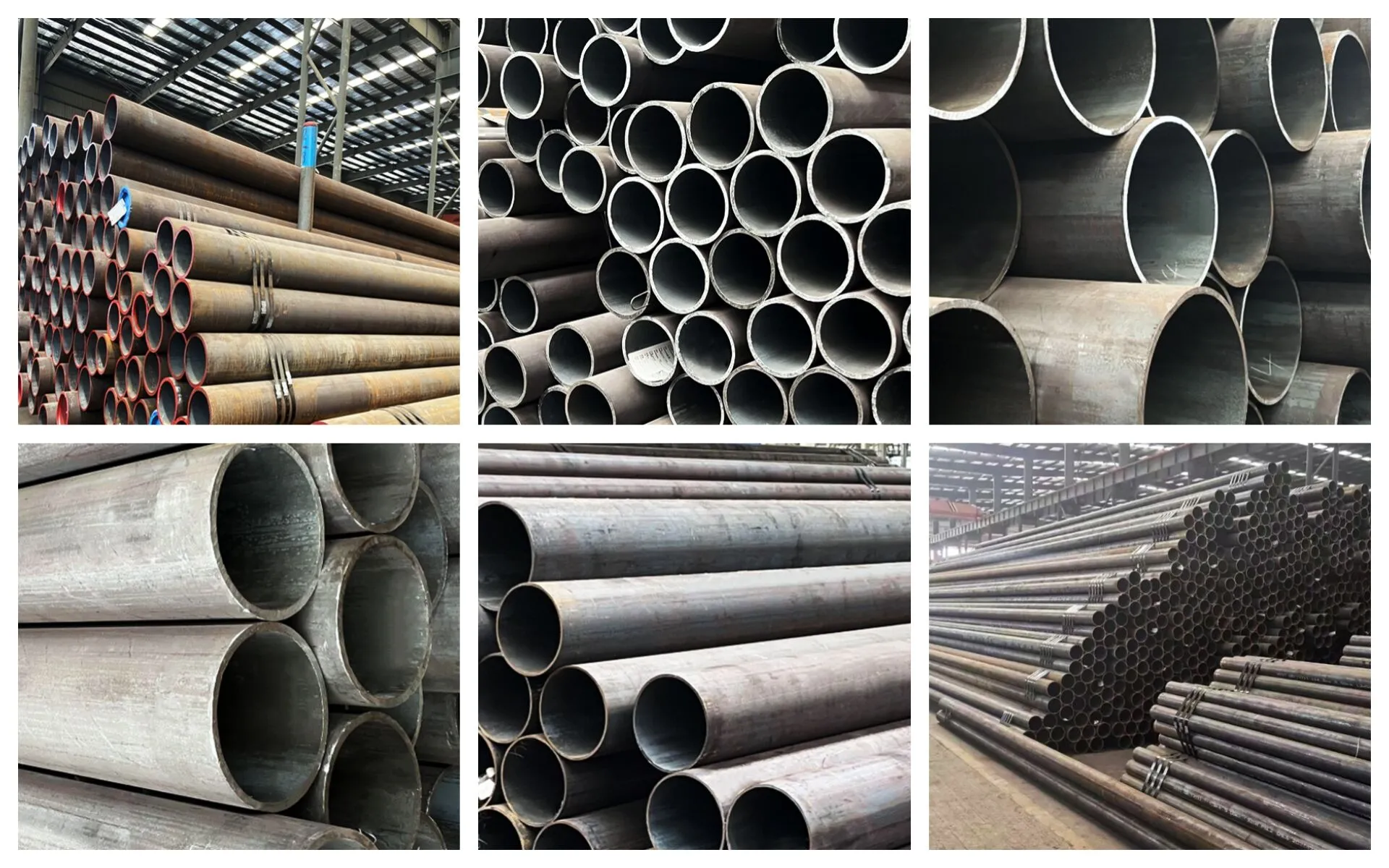
Carbon steel pipes usually present a metallic gray color, with a smooth or slightly rough surface depending on the manufacturing process. Different surface treatments, such as galvanizing, painting, or coating, can be applied to enhance their appearance and corrosion resistance.
The density of carbon steel pipes is generally around 7.85g/cm³, which is slightly lower than that of stainless steel. This makes them relatively lightweight while still maintaining good strength.
The melting point of carbon steel is relatively high, typically ranging from 1425℃ to 1540℃. This allows carbon steel pipes to maintain stability in high-temperature environments, although not as high as stainless steel.
The coefficient of thermal expansion for carbon steel is moderate, typically around 12×10⁻⁶/℃ at room temperature. This property ensures that carbon steel pipes maintain dimensional stability even when exposed to temperature fluctuations.
Carbon steel has relatively good thermal conductivity compared to stainless steel, with a thermal conductivity coefficient of approximately 50-60W/(m·K). This makes it suitable for applications where heat transfer is important.
Carbon steel exhibits moderate electrical conductivity, which is higher than that of stainless steel but lower than copper or aluminum. Its conductivity depends on the specific composition and treatment of the steel.
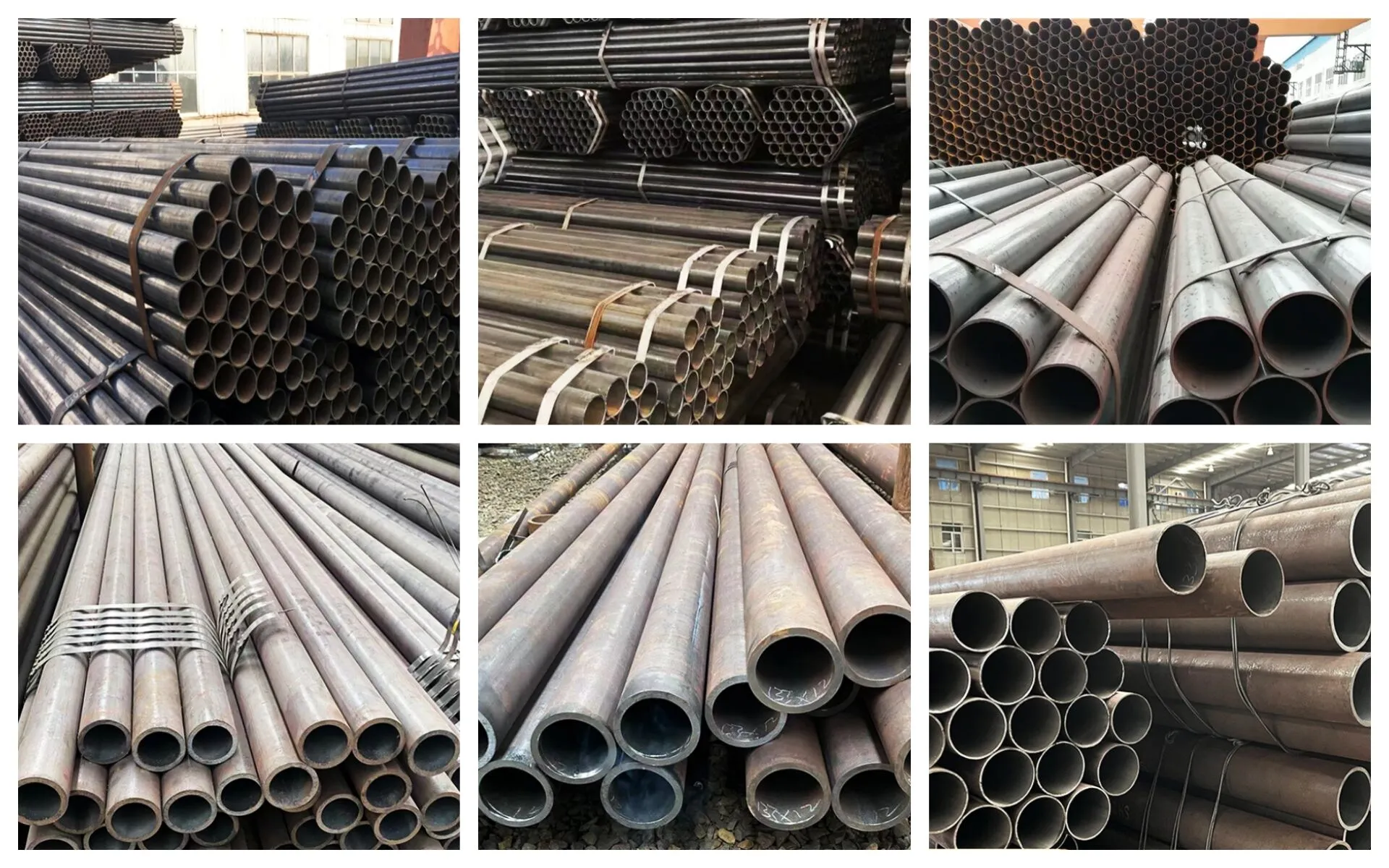
Carbon steel pipes have limited corrosion resistance compared to stainless steel. Without protective coatings or treatments, they are prone to rusting when exposed to moisture or corrosive environments. However, galvanization, painting, or epoxy coating can significantly improve their resistance to corrosion.
Carbon steel pipes exhibit moderate oxidation resistance at room temperature but are susceptible to oxidation at elevated temperatures. In high-temperature environments, additional protective measures, such as refractory coatings, may be required to prevent degradation.
In general, carbon steel pipes have moderate chemical stability. They are not resistant to strong acids, alkalis, or other highly corrosive media. For example, exposure to hydrochloric acid or sulfuric acid can lead to rapid corrosion. Protective linings or coatings are often used to enhance their chemical resistance.
Unlike stainless steel, carbon steel does not naturally form a passivation film. To improve its corrosion resistance, surface treatments such as galvanizing, painting, or applying epoxy coatings are necessary. These treatments create a protective barrier that prevents direct contact between the steel and corrosive agents.
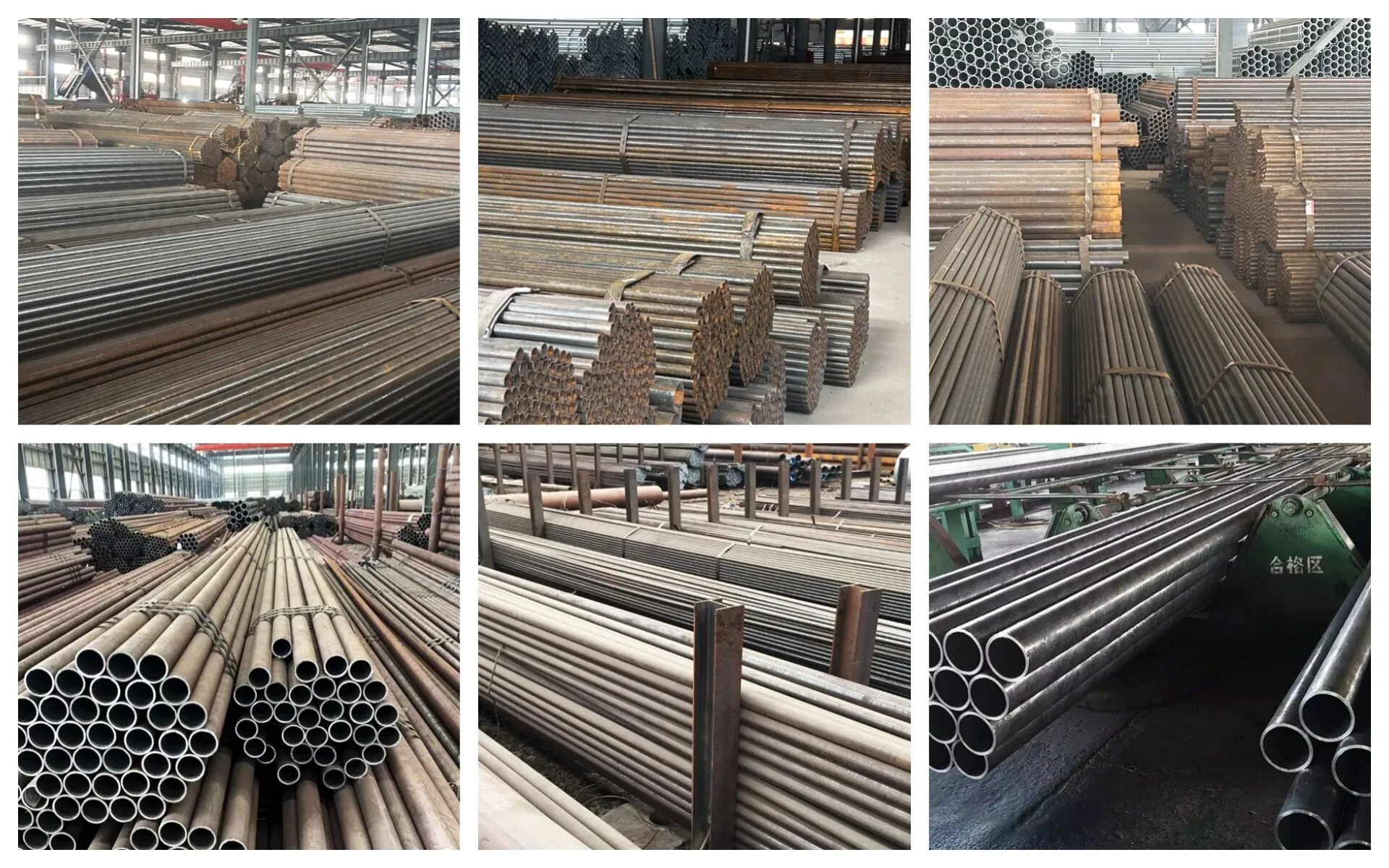
Carbon steel pipes are widely used in various industries due to their excellent mechanical properties, cost-effectiveness, and versatility. In the oil and gas industry, they are used for transporting fluids, including water, oil, and natural gas, especially in pipelines and refineries. In construction, they are commonly used for structural frameworks, scaffolding, and plumbing systems. In the power generation sector, carbon steel pipes are used in boilers, heat exchangers, and steam lines due to their ability to withstand high pressures and temperatures. Additionally, they are indispensable in industries such as shipbuilding, automotive manufacturing, and infrastructure development. Their adaptability and affordability make them a popular choice for a wide range of industrial applications.
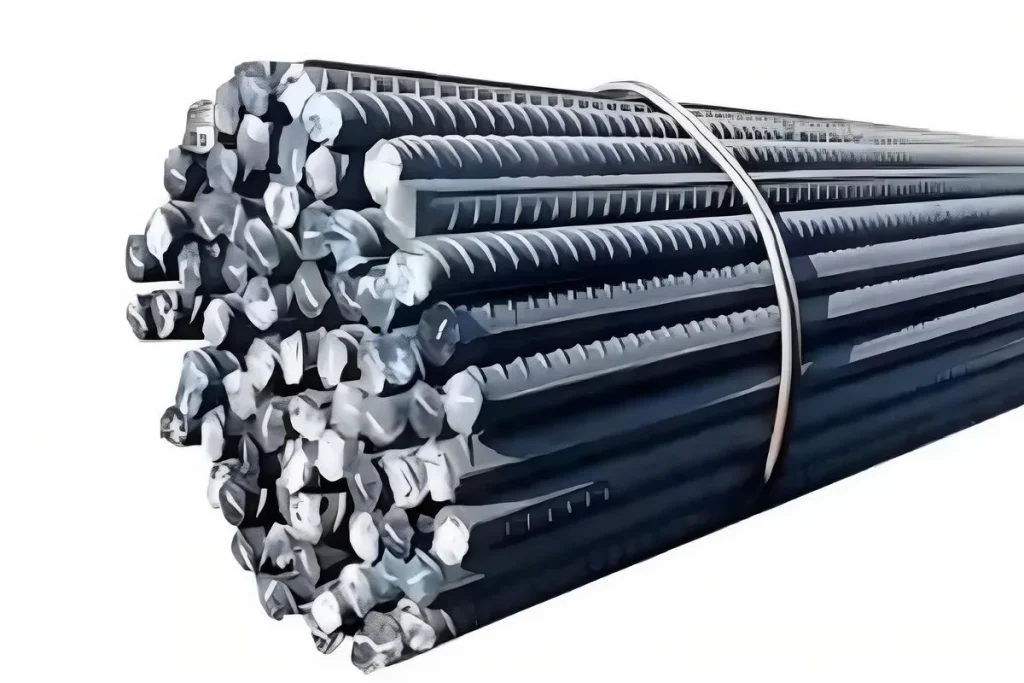
Ultra – high strength and toughness to resist extreme loads and impacts
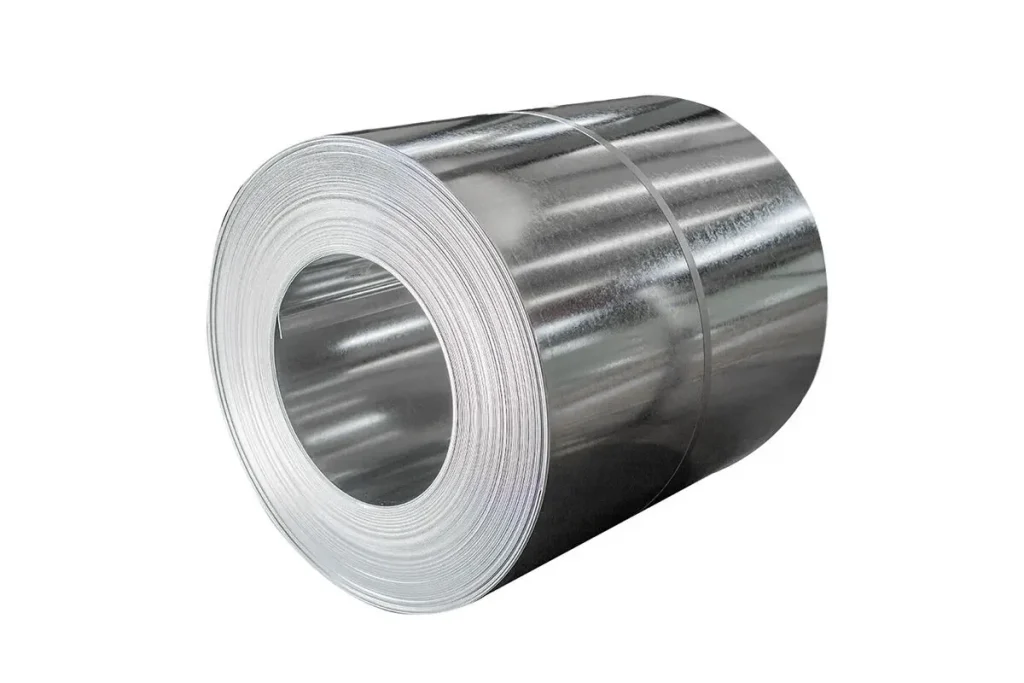
Ultra – high strength and toughness to resist extreme loads and impacts
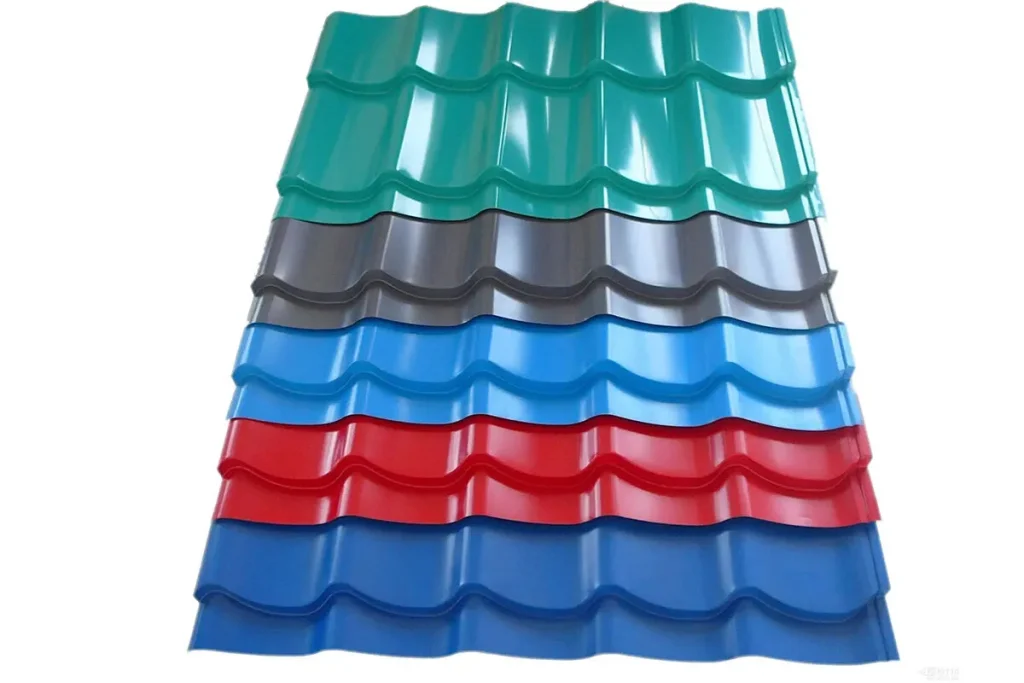
With anti-corrosion treatment, it is weather-resistant and corrosion-resistant, and can serve for a long time.
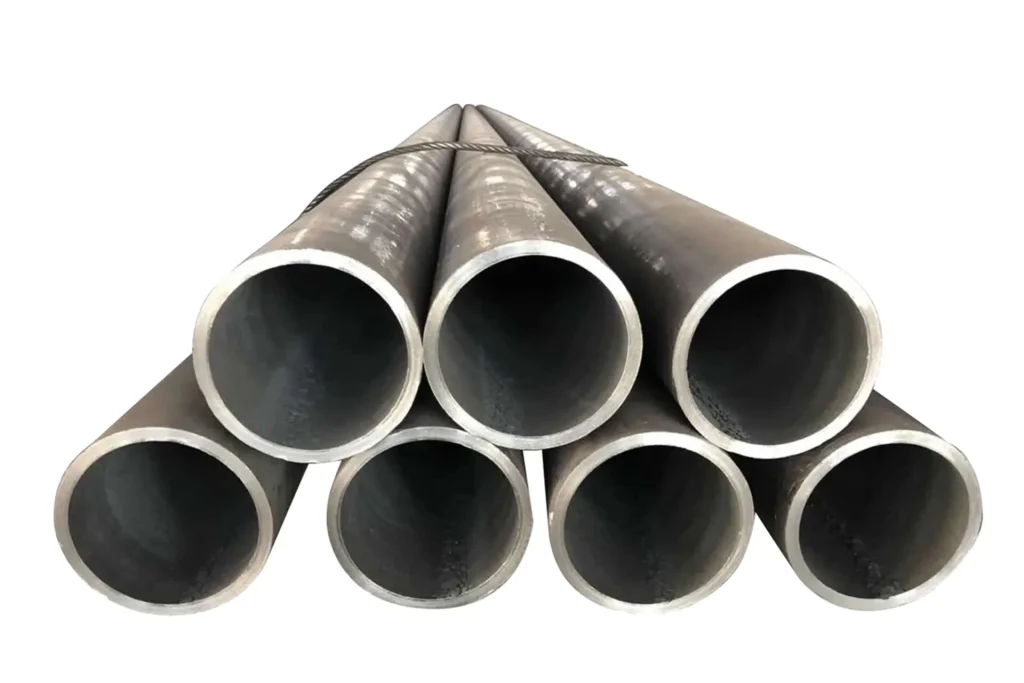
100% recyclable, reusable, low-carbon and consumption-reducing
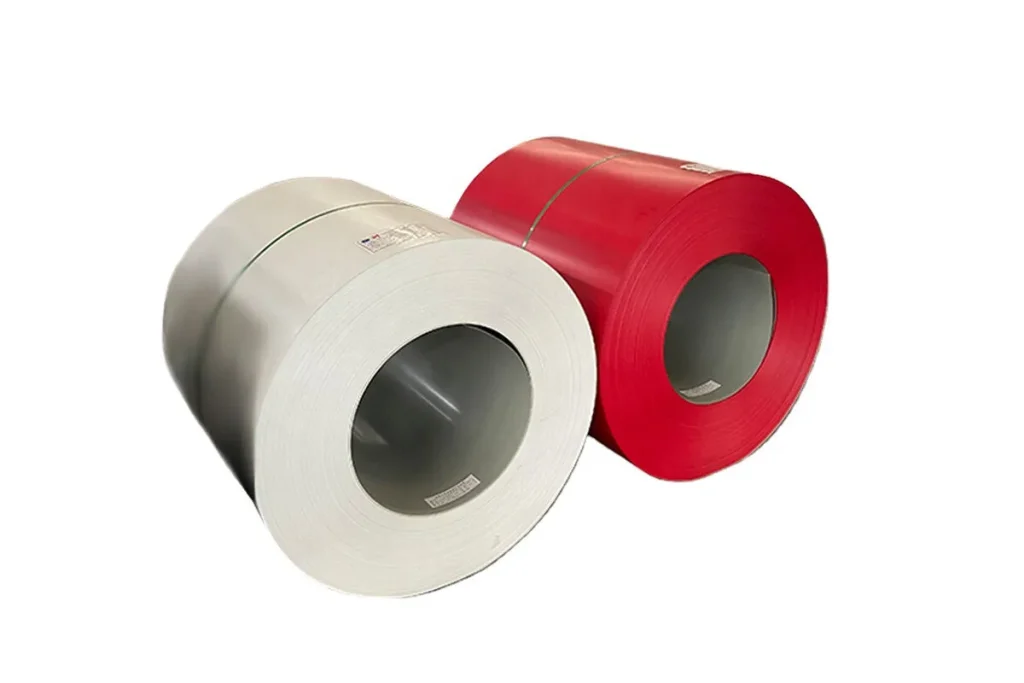
The processing is rapid and precise, and the project is delivered quickly.
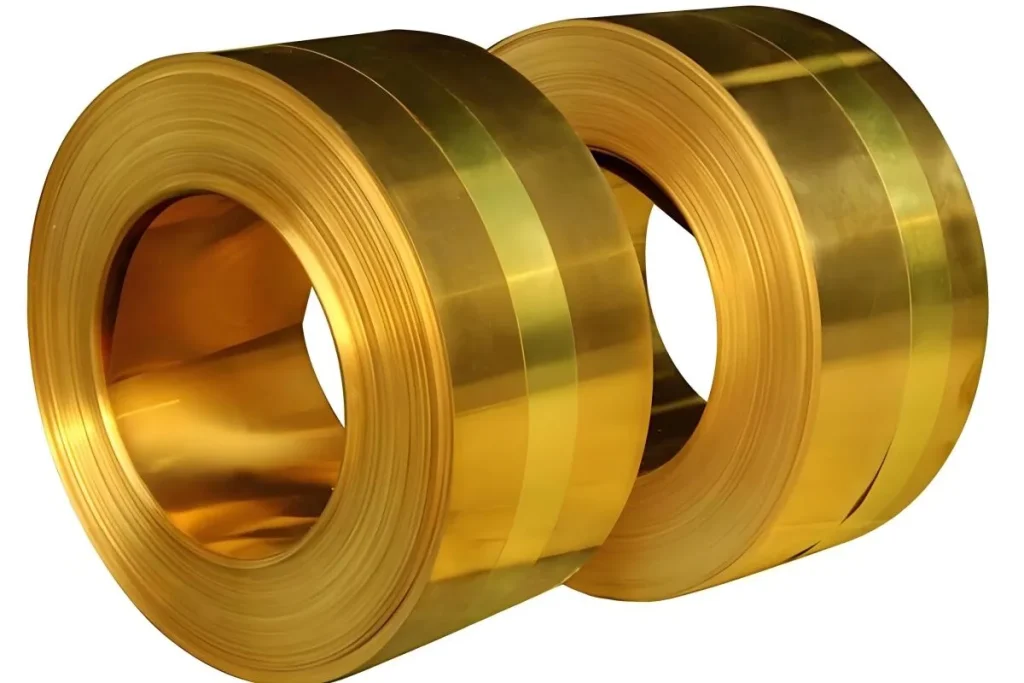
Pass international certifications such as ISO and ASTM, with reliable quality.
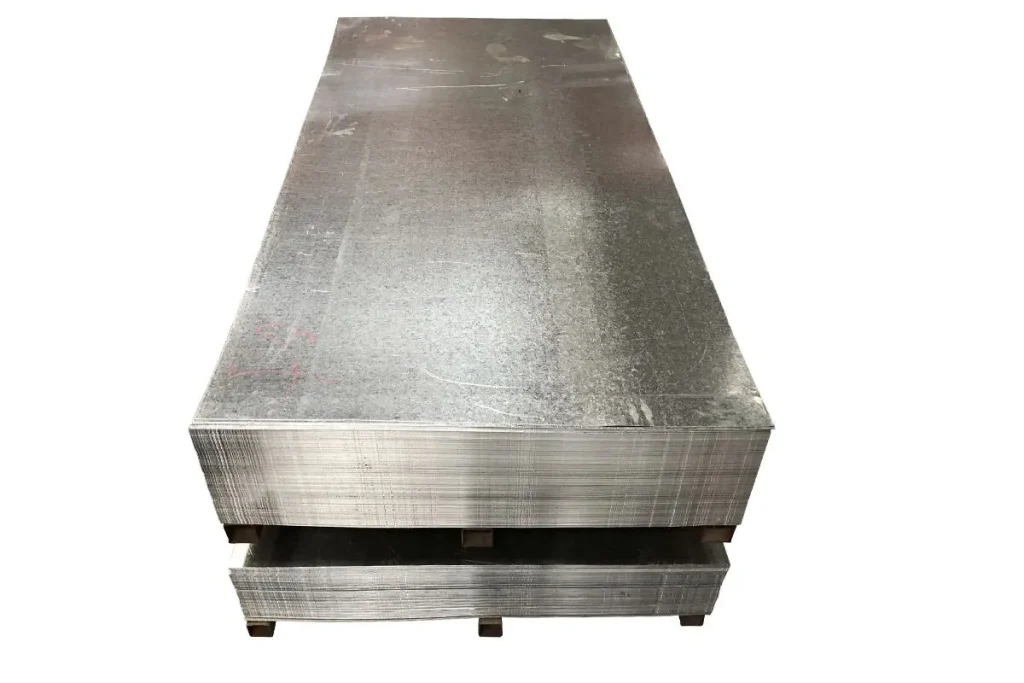
Create exclusive specifications and shapes as needed
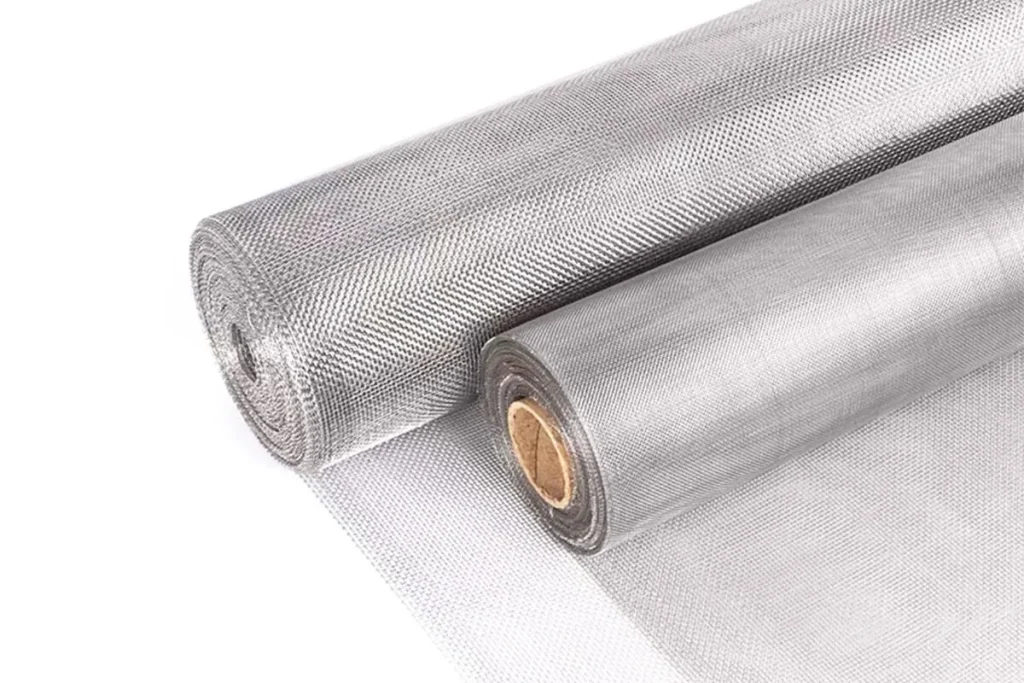
Global service team, providing full – course after – sales technical support
Our factory manufactures a comprehensive array of steel products, including but not limited to, structural beams, steel bars, plates, and coils. We also offer bespoke solutions catering to specific dimensions and compositions as per customer requirements.
Absolutely, all our steel products adhere to international standards and undergo rigorous quality assurance tests. We hold various certifications, including ISO 9001, emphasizing our commitment to quality. Each product batch comes with a certification detailing its grade and compliance standards.
Yes, we are equipped to manage significant order volumes even within constrained timelines, thanks to our advanced operational processes, sizable workforce, and efficient logistics network. However, we always suggest contacting us with specifics as early as possible for the best outcomes.
Sustainability is at the core of our operations. We utilize energy-efficient technologies, recycle scrap material, and follow strict environmental protocols to minimize our ecological footprint. Our commitment extends beyond compliance, aiming for a future-focused, sustainable approach in all we do.
Worker safety is paramount. Our factory complies with all health and safety regulations, providing regular training, enforcing strict on-site protocols, and equipping our staff with advanced safety gear. We believe a safe worker is an empowered worker.
Certainly. We pride ourselves on our capability to provide tailored solutions. Our team of experts collaborates closely with clients to understand their needs, offering custom compositions, cuts, and finishes unique to their project demands.
We manage logistics through trusted partners, ensuring timely and safe deliveries. Customers receive tracking information once orders are dispatched and can monitor their shipment in real-time. Additionally, our customer service team is always on standby to assist.
We stand by the quality of our products. In the rare instance of defects or non-compliance, we have a transparent return or exchange policy. Clients are encouraged to reach out within a specified period after receipt, and we promise a swift, fair resolution in line with our terms and conditions.